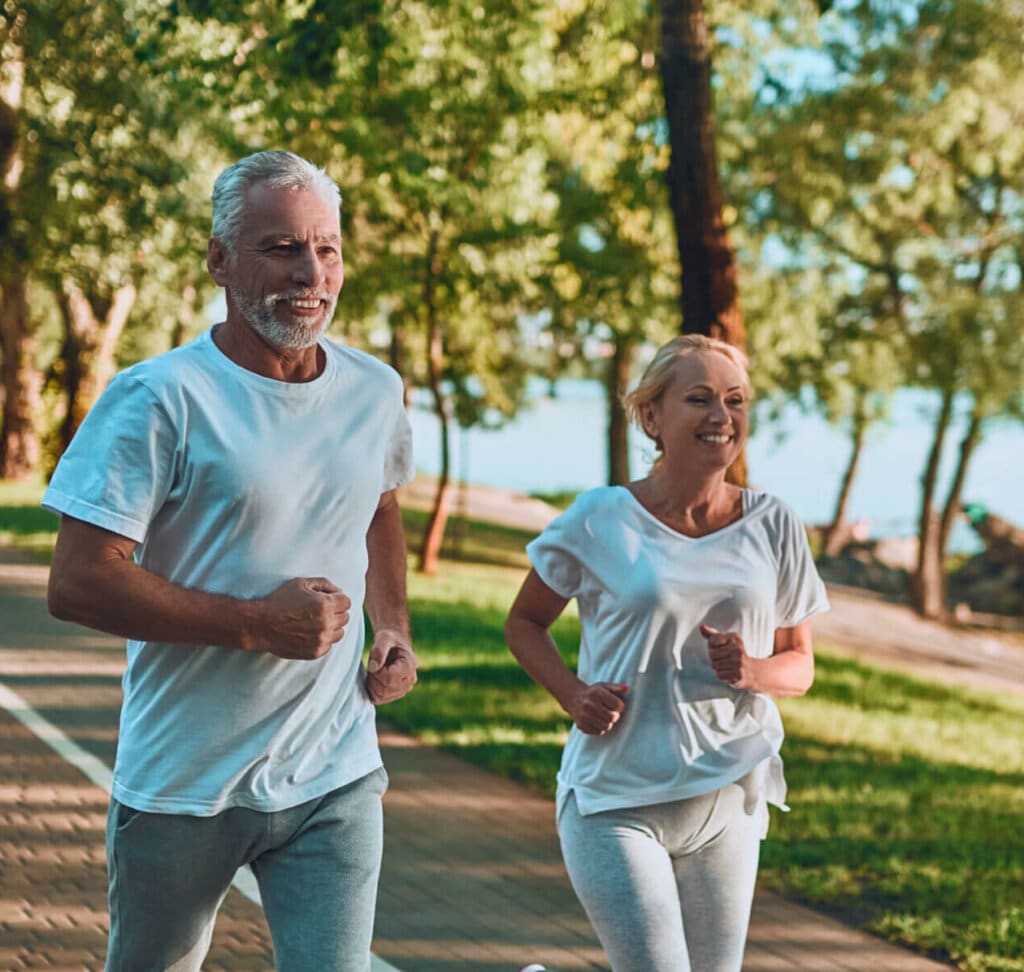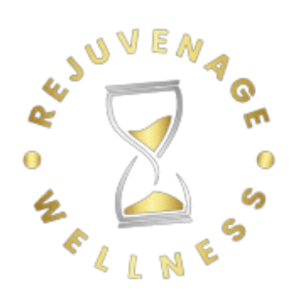Health Solutions for 60+


Health Solutions for 60 and Beyond
Everyone over 60 recognizes the signs of aging
We all have old injuries and periods of sedentary behavior that contribute to the aches and pains of everyday life. From a muscle and joint perspective, the good news is that you can feel and move better over time with the proper guidance and programming. Physical therapy can help immensely to improve your mobility and strength needed to improve everyday functions like walking, stair climbing, and other activities of daily living. See more about this in the functional performance tab.
The physical changes of aging affect most tissues in our bodies BUT any deficits in our muscular and nervous systems are responsive to movement! Movement=medicine and is the ultimate fountain of youth.
Let's review some changes in your body with aging:
Skin: decreased underlying fat and oil glands with a reduced ability to feel pressure and heat/cold sensation and an increased risk for skin tearing and infections.
The muscles and joints show loss of muscle mass (sarcopenia) with slowed action times and power. Bone can become more brittle (osteoporosis) and tendons can be stiffer while cartilage deteriorates and can be inflamed.
Vision shows decreases in peripheral views, floaters and the ability to adjust to light as well as being farsighted. Cataracts and glaucoma are common.
Hearing can decrease which can contribute to depression and loneliness. Detecting higher frequencies can be lost and ringing in the ears is common.
Taste can be effected, decreasing after 70 with a loss of the ability to detect thirst.
Smell can decline after 80 and is related to taste (up to 75%). This can create a danger when detecting a gas leak.
Heart changes include loss of ability to sustain exercise (Vo2 max), blocked arteries, high blood pressure and heart failure.
The respiratory system (lungs) may show decreased elasticity and older adults can be at risk for food aspiration.
The kidneys remain functioning well but the bladder shows a decreased capacity to hold urine.
Neurologically, we may develop cognitive changes (not considered normal aging), possible slowed cognitive processing times and loss of short term memory
So with all this information what should we do?
Firstly you see should see your physician(s) to evaluate your health concerns and start addressing them head on. Stress comes from worrying about issues instead of making changes in the right direction. Your physical therapist can help you with any muscle issues and help you improve your function quickly to prevent falls (#1 reason for injuries and death) and help you regain an active lifestyle.
The qualities of people who age more gracefully include:
Better resiliency, more optimism, and a good social network are some of the major keys. In Dr. Rick’s book, Growing Younger, he mentions the “Blue Zones” where people are aging particularly well and demonstrate these qualities. They all remain engaged in various aspects of their lives and have a purpose to get up and move every day. Ask Dr. Rick about his 97 year old neighbor who’s still playing tennis.
Is there anything scarier than hearing that you or a parent may have Alzheimer’s Disease?
It was for Dr. Rick. His mother was diagnosed with early onset Alzheimer’s Disease at the age of 55.
Knowing the signs can at least alert you to make a doctors appointment and see if testing needs to be performed to either rule it in or out.
Check this out to see if you or your loved one has any signs of the disease:
